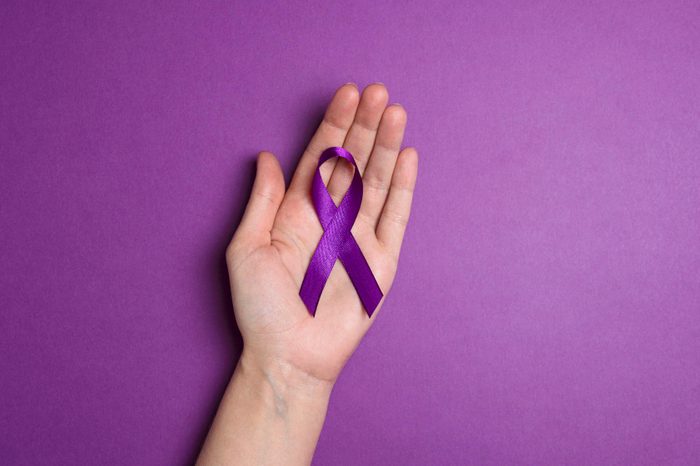
Understanding epilepsy
Epilepsy is probably one of the most well-known neurological disorders. It happens when the electrical signals in the brain are disturbed, leading to seizures. Most people associate the word epilepsy with tonic-clonic seizures, which used to be called grand mal seizures. They can cause a person to collapse, lose consciousness, and convulse on the ground. However, there are literally dozens of different types of seizures and conditions that cause them, including some in which the person is fully aware of what’s happening, and may only experience twitching around the eyes or other relatively subtle symptoms. You can learn more about the early signs of a seizure here.
And just as there are many types of seizures, there are dozens of different triggers that can bring them on. The most common triggers are missing doses of anti-seizure medications (in people who have been previously diagnosed) and a lack of sleep, but there are more unique triggers that could bring on a seizure in patients.
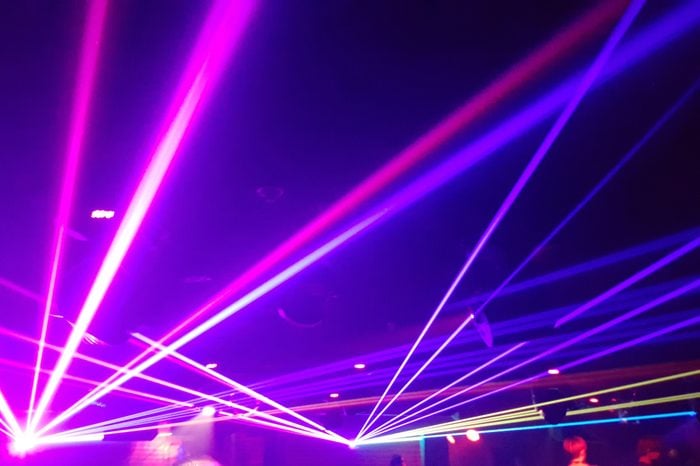
Strobes or other flashing lights
There’s a reason that TV shows and movies have begun posting warnings about flashing lights (Stranger Things is a notable example): Strobe and other flickering lights can cause epileptic seizures in many people. “This is a phenomenon called photosensitive epilepsy—it’s not that common, but it can happen,” says Parshaw J. Dorriz, MD, an epileptologist at Mission Hospital in Orange County, California. “For people with photosensitive epilepsy, avoiding strobe lights or flashing lights, limiting the brightness of the stimulus, and reducing the amount of screen time to reduce strain can help.”

Alcohol
Drinking alcohol can be associated with a worsening of seizures among people with epilepsy. The risk is highest for people who consume at least seven drinks, and epileptic seizure is most likely after the alcohol leaves your system, when you may develop dehydration and a hangover, according to research in Frontiers in Neurology. If you’re looking to cut back, follow these 17 simple tips for drinking less alcohol.
Stress
Numerous studies have found that people with epilepsy are more likely to develop seizures around times of increased stress—and that working to reduce stress in everyday life can help keep epileptic seizures under control. Learn more about the seven types of stress—and how to relieve them.
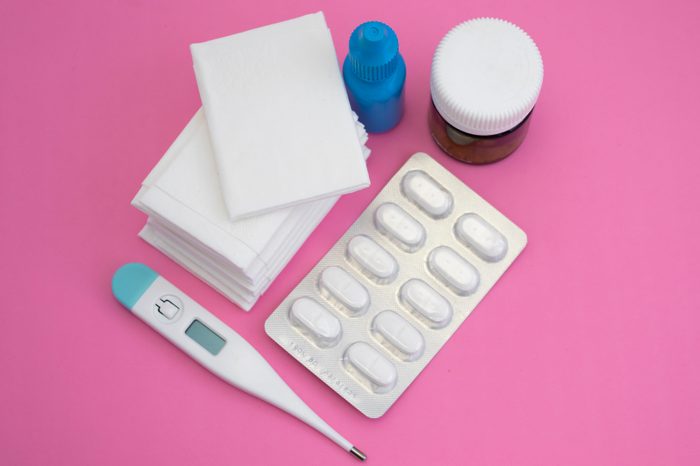
Cold or flu
Even common conditions like cold and flu could increase the risk of developing epileptic seizures—especially illnesses that involve fevers or dehydration, which could impact the effectiveness of seizure medications, according to the Epilepsy Foundation.

Energy drinks
Turning to energy drinks like Red Bull—or a lot of coffee—to give you energy could backfire and cause a seizure. “Excess caffeine can precipitate a seizure due to its stimulant effect,” Dr. Dorriz says. And some initial research suggests a link between energy drink consumption and seizures.

Menstrual cycle
For women with epilepsy, their menstrual cycle can play a role in their seizures. Known as catamenial seizures (or epilepsy), the first day of their period is often the day when they are more likely to have a seizure, according to research published in the journal Epilepsia. The Epilepsy Foundation indicates that hormonal changes likely play a role in the increase in seizures.

Lack of sleep
We all need to be getting more sleep, but it’s definitely key for people who have epilepsy. Seizures are more likely in people who fail to get around seven to eight hours a night, according to the Epilepsy Foundation; even if you’re in bed long enough, poor quality sleep can leave you tired during the day and more prone to seizures. If you’re tossing and turning throughout the night or your partner frequently comments on your heavy snoring, talk to a sleep specialist about potential solutions.
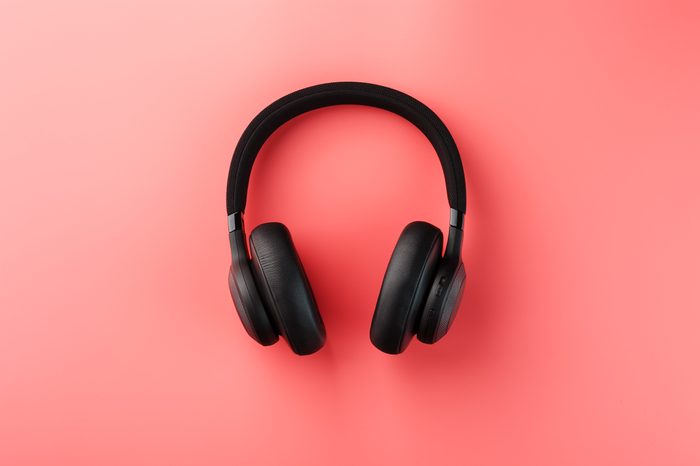
Music
The old saying claims that music tames the savage beast, but music can be a trigger for seizures in some epileptic patients. “Music or musicogenic epilepsy is a type of reflex epilepsy that can be seen less commonly,” Dr. Dorriz says. “The triggers can be the simplest of sounds like church bells, or as complex as a song. Most memorable for me was when I had a patient whose triggers were the Canadian national anthem and a Bruce Springsteen song!”

Diet
People with epilepsy who follow a ketogenic diet—especially children—may decrease their risk of seizures, according to research in the Journal of Psychology and Clinical Psychiatry. “Ketogenic diet can have a considerable impact on seizures and seizure control,” Dr. Dorriz says. “More recently, similar success has been found with the modified Atkins Diet. These two diets regulate the ratio of fats and proteins to carbohydrates, which have shown to actually reduce seizures and improve control. The modified Atkins is a little more lenient and palatable.”

Benadryl
The Epilepsy Foundation suggests that taking diphenhydramine (also known as Benadryl) could cause seizures; the group’s experts recommend consulting with your doctor about which over-the-counter medications are safe for you to use. Check out this guide to the best cold and flu medicine on the market.
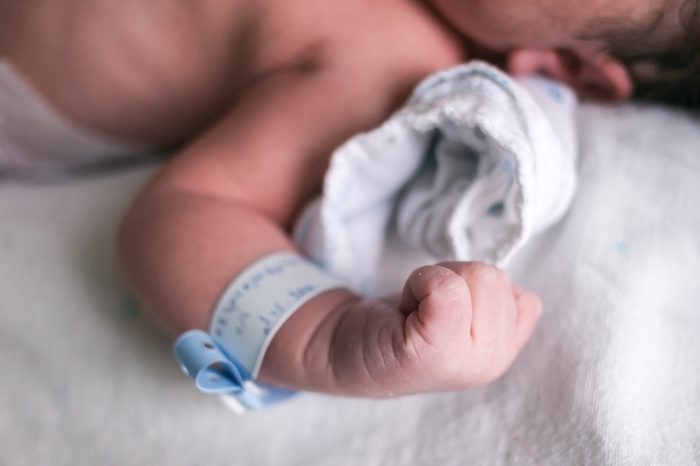
Vitamin dependency
A rare genetic mutation can lead some newborns and infants to suffer uncontrollable and frequent epileptic seizures, and the only way the seizures can be controlled is through doctor-determined megadoses of vitamin B6 (pyridoxine). The infants are not deficient in the vitamin—their mutation means that they require very large amounts of it to prevent seizures, explains the National Organization for Rare Disorders.

Just about anything
Unfortunately, many things a person with epilepsy comes in contact with can become a trigger for seizures “One of the fascinating things about epilepsy is its diversity,” Dr. Dorriz says. “Just about anything can be a trigger—reading, performing math, certain sounds, even hot water can be triggers that can induce seizures. The good news is this type of epilepsy accounts for just a small fraction of epilepsy, and even better, it’s usually relatively responsive to treatment.” Learn what to do if someone near you has a seizure.

